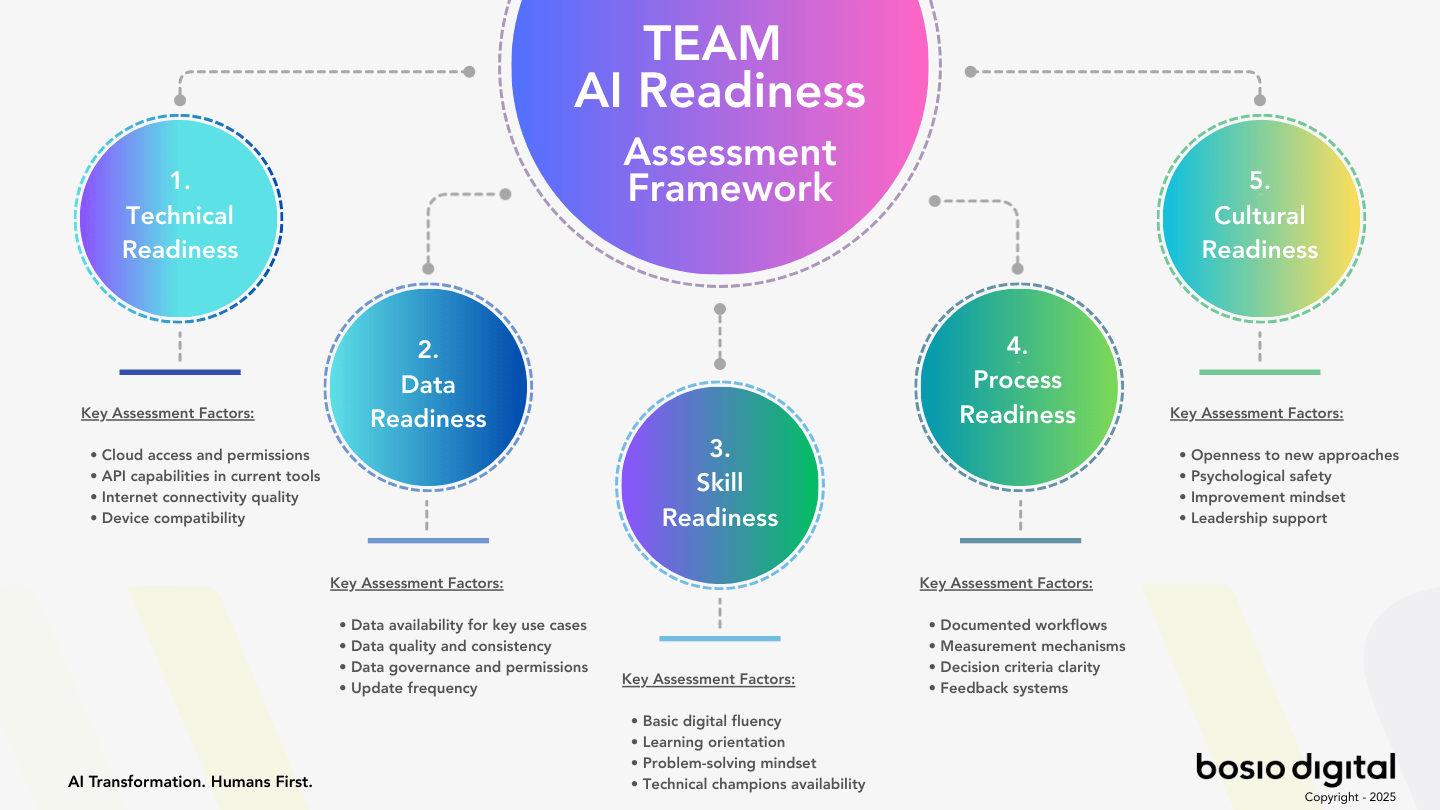
Digital transformation (also referred to as DX) is much more than changing the look of your website or social media pages. It is actually using technology to change the fundamentals of how a business operates. It’s a mindset that businesses adopt that keeps them agile, light on their feet, and helps them adapt to change more quickly.
Businesses have been analog for more time than they have not been. What digital transformation means for these companies is potentially changing long-standing practices of doing business to adapt to the modern world. It might be hard to say goodbye to established procedures and practices, but stepping into the present (and the future) is the best way to ensure long standing success. Businesses must meet the expectations of our online world, and bridge the gap between analog experiences and digital technologies, to stay afloat.
How are digital technologies transforming markets?
In the most extreme cases, we see “disruption” with digital technology. For example, Uber and Lyft “disrupted” the taxi and car hire industry by creating an app people could use to hire drivers using their own cars. They cut out a lot of expenses and licensing that allowed drivers to make extra money and users to get rides easily. Many other cases of transformation are not so extreme. For many businesses, it could mean using technology to track shipments better or keep track of inventory, or creating improved customer retention with a robust CRM.
Another example of digital transformation is the wide adoption of smartphone usage for almost all web activities. Now, instead of encouraging users to visit them on a computer, businesses must adapt and use mobile friendly technologies to help users access them.
How digitization transforms industries
While digitization and digital transformation are often used interchangeably, they are actually two very different things. Digitization is the process of moving something analog into a digital space. For example, medical records used to be done on paper, and now they are done in computer systems. The process of putting the paper records into the new computerized system is digitization. Digitization is often an important part of digital transformation, but they are not the same thing..
What is a digital transformation specialist?
This is someone, like us, who specializes in helping businesses achieve their goals using this technique. We start by diving deep into your business, learning your wants, needs, and current practices and branding. Once we have that down, together we work with you to come up with a plan that will satisfy your needs through transformation of your digital sphere.
We also help businesses measure the return on investment (ROI) of digital transformation practices by setting up key performance indicators in advance, and adjusting these as we go along and make new discoveries about the new digital practices we will implement.
How to start?
If you’re ready to get started with a digital transformation for your business, please contact us for a free discovery call.














